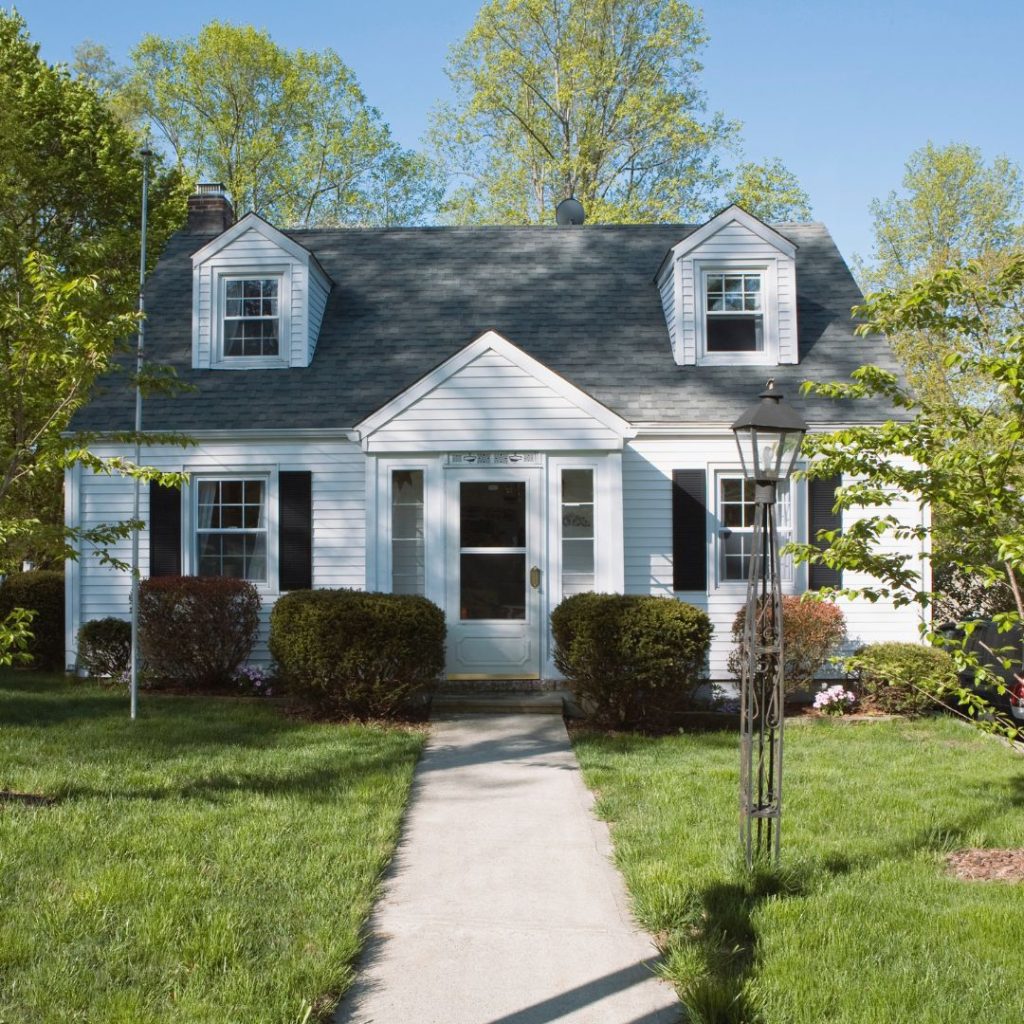Federal Funds for Wisconsin
Billions of dollars are coming into Wisconsin to clean up pollution, protect farms, create clean energy jobs and help families save money on their energy bills.
Billions of dollars are coming into Wisconsin to clean up pollution, protect farms, create clean energy jobs and help families save money on their energy bills.




Millions of Wisconsinites are eligible for cash back and tax credits on home energy improvements, new appliances, insulation, home solar, electric cars and trucks, and more thanks to the Inflation Reduction Act (IRA).
The IRA is the largest investment to fight climate change in U.S. history, helping families and businesses cut energy use and create a clean energy future. The IRA is projected to slash greenhouse gas emissions by nearly a billion metric tons by 2030.
Communities across the state are cleaning up pollution, replacing lead pipes, protecting lakes and rivers, and rolling out electric buses, thanks to the Bipartisan Infrastructure Law, the largest long-term investment in our infrastructure and economy in U.S. history.
The Bipartisan Infrastructure Law (BIL) has already delivered $5.6 billion in funding to Wisconsin.
Two major IRA programs will help Wisconsinites pay for energy-saving upgrades, offering up to $24,000 in rebates per eligible household.
$840 for an ENERGY STAR electric stove, cooktop, range, or oven
$840 for an ENERGY STAR electric heat pump clothes dryer
$1,600 for insulation, air sealing, ventilation
$2,500 for electrical wiring
$4,000 for electrical panel
$8,000 for an ENERGY STAR- electric heat pump for space heating and cooling.